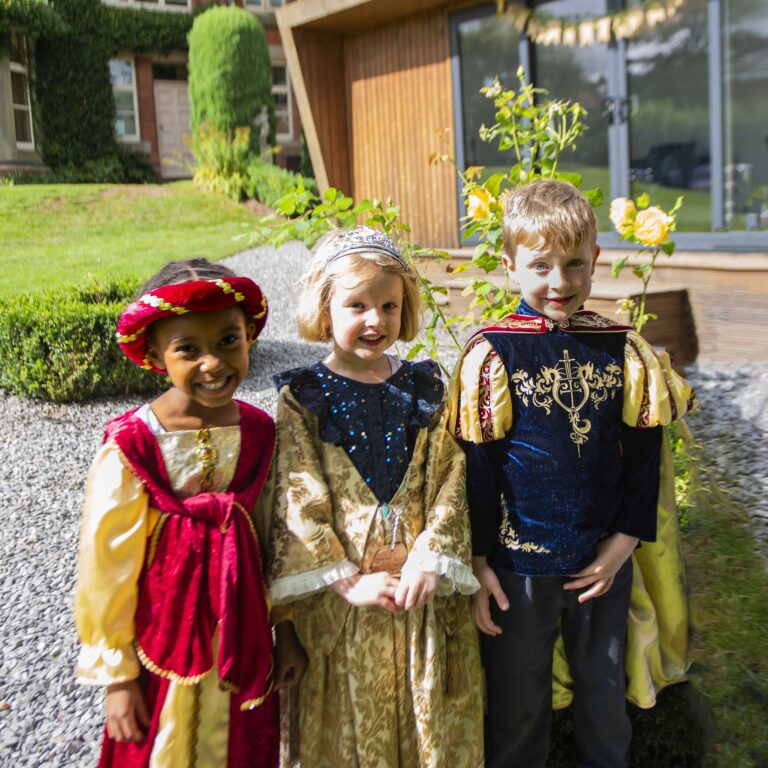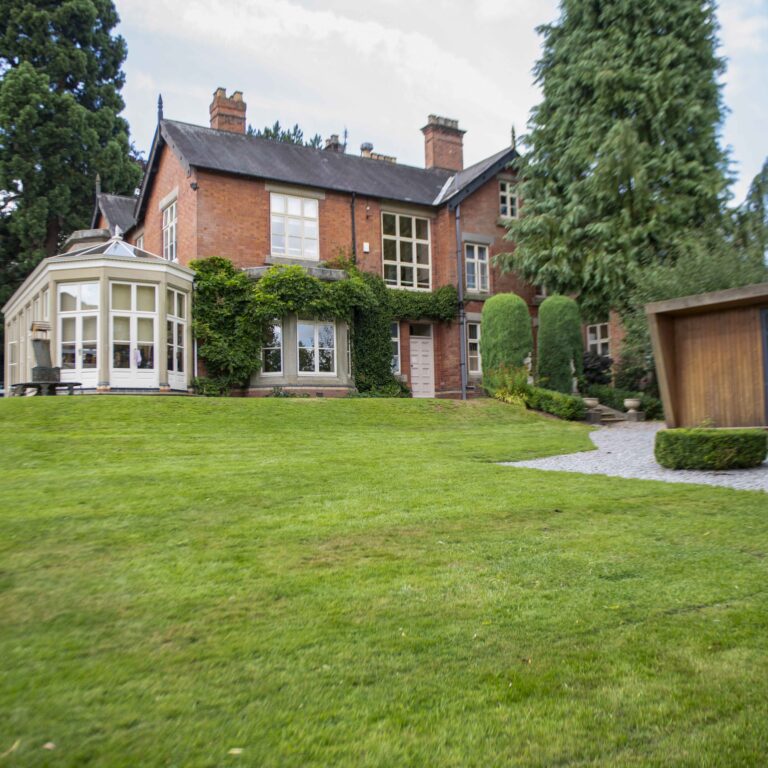School life at OVS is vibrant and varied. There is much to absorb and these pages will give you an insight into daily school life and the infrastructure that will support your child here, from catering provision, clubs, activities and wrap around care, to our pastoral care, child wellbeing and how you can become involved in the OVS community.


